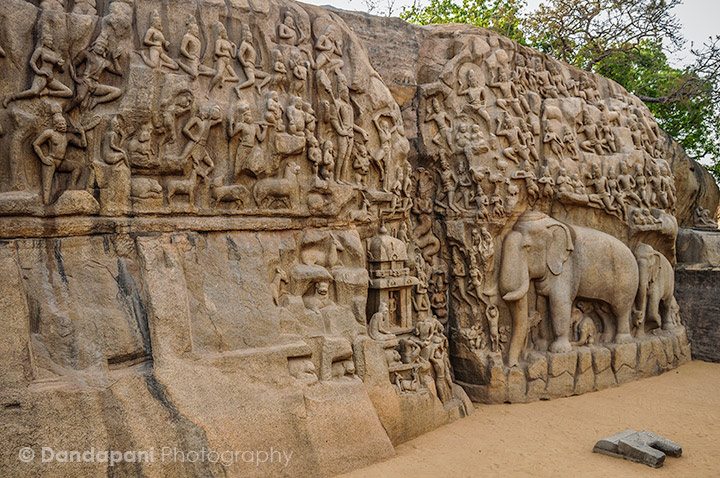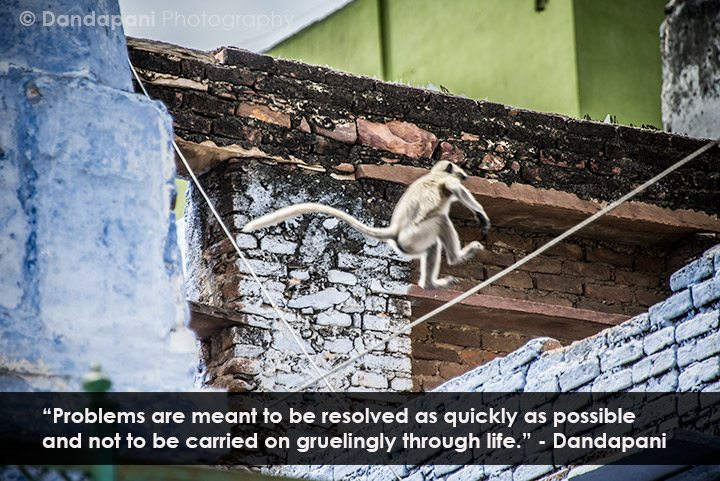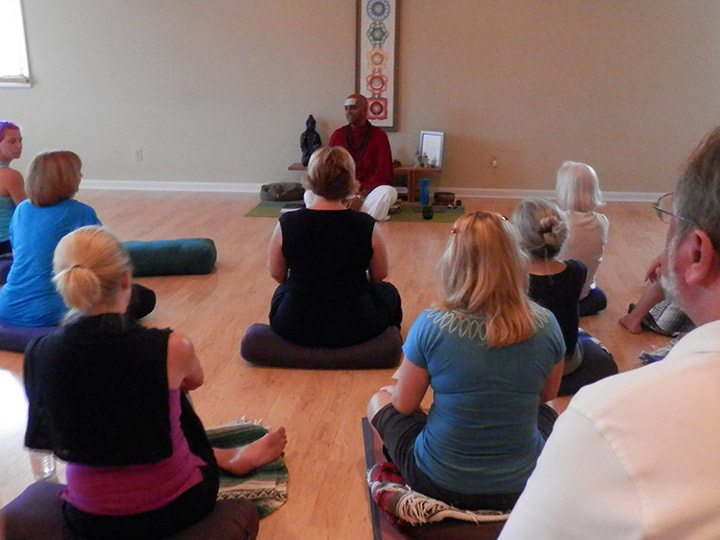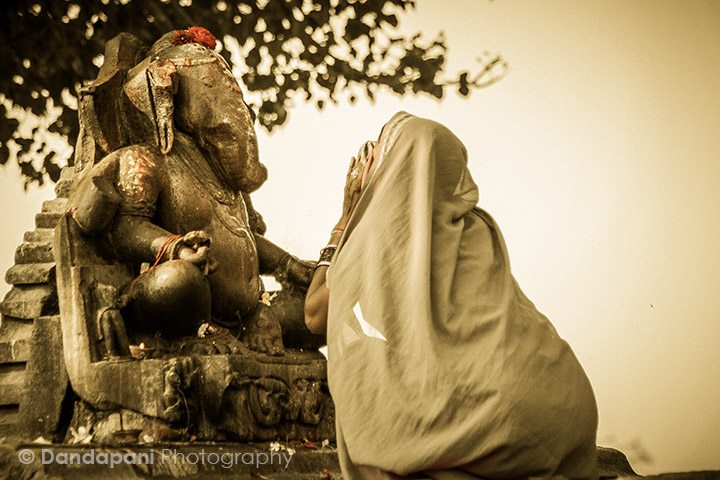
To listen to this episode of Conversations on the Spiritual Path click here.
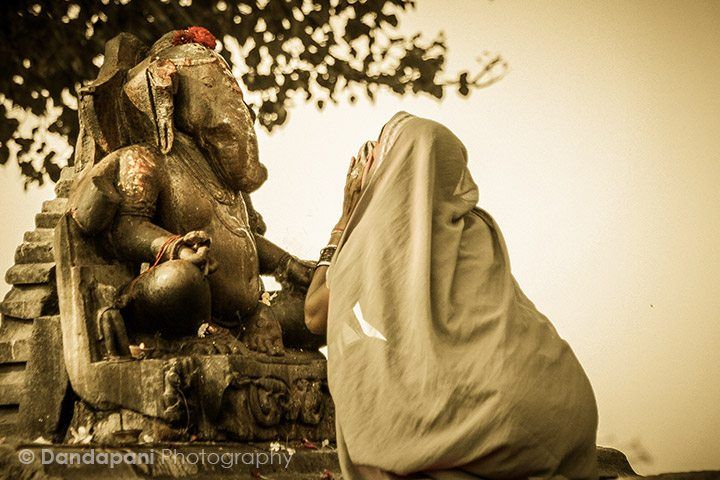
Good evening everyone, greetings from New York City. Welcome to another episode of conversations on the spiritual path.
Today’s question comes in from Phoebe from France and she asks “What are the commonalities between Hinduism and Buddhism and what are their differences, and do the religions even relate to one another?”
Well Phoebe, Buddhism came out of Hinduism. As far as what I know and what I have studied, Buddha was a Hindu prince. He left his kingdom one day and went out into the world and what he saw inspired him to pursue a deeper spiritual path, and through his deep pursuits of meditation attained enlightenment and his teachings became known as Buddhism.
Buddhism and Hinduism share many common beliefs. Among them Hindus and Buddhists both believe in Karma; they both believe in reincarnation; they believe in Ahimsa (Ahimsa is a Sanskrit word which means nonviolence in thought, word and deed).
But one of the biggest differences between Hinduism and Buddhism is that in Hinduism Hindus believe in God while in Buddhism Buddhists do not believe in a creator God. So that’s one of the major differences between Buddhism and Hinduism. Even though Buddhism came out of Hinduism this is one of the core differences between both faiths.
I’ll thrown in a question here as well Phoebe because one of the things I get asked all the time when people come up to me and one of the first questions I get asked is, “you are a Buddhist right?” And I reply no I am not, I am a Hindu.
So how does one tell the difference between a Buddhist and a Hindu?
Well one very easy way to do so is that most Hindus have a marking on their forehead; most Hindus usually wear a dot in the third eye area. Sometimes they even have further markings on their forehead. It could be three stripes across the fore head or v-shaped marking on the forehead; those all denote a Hindu. Buddhists do not have markings on their forehead.
So if you ever meet somebody and they have a dot on their head or a marking on their forehead - highly likely they are Hindu, so that will help you understand some of their major beliefs as well being able to identify that they are Hindu.
Another question that Phoebe asked today is, “is yoga related to Hinduism?”
Well it is. As much as the Bible is part of Christianity as much as the Koran is part of Islam, as much as the Torrah is part of Judaism, Yoga is a part of Hinduism. Yoga came out of Hinduism; its part of Hindu belief and it has been for a thousand years. Though in modern day most people do not associate yoga with Hinduism, you can pretty much ask every single Hindu and they will say that Yoga is part of Hinduism and in the core scriptures of Hinduism, the Vedas and the Agamas you will find the teachings of Yoga in them.
So I hope this answers are helpful to you Phoebe. Thank you so much for sending in your questions and thank you very much everyone for listening to another episode of conversations on the spiritual path. Have a great day.



